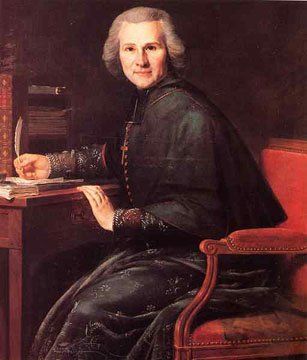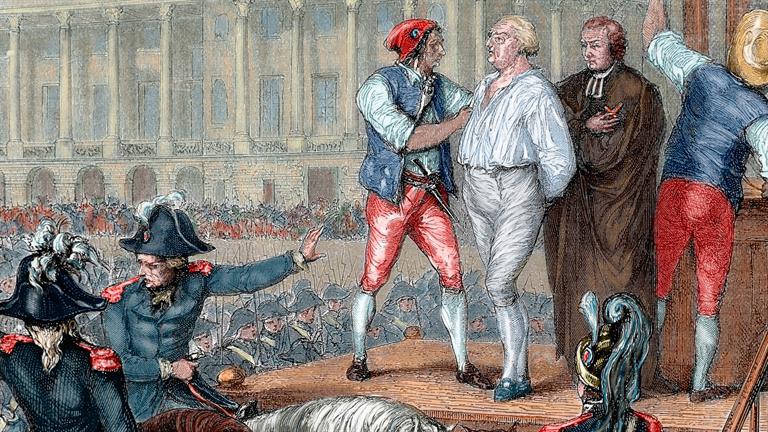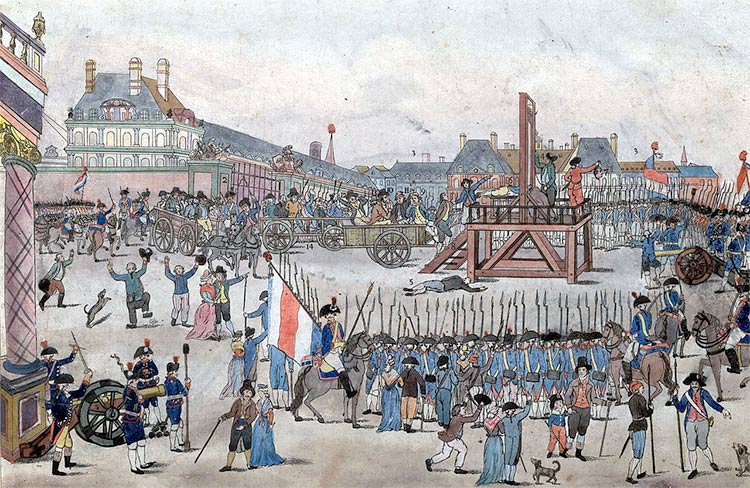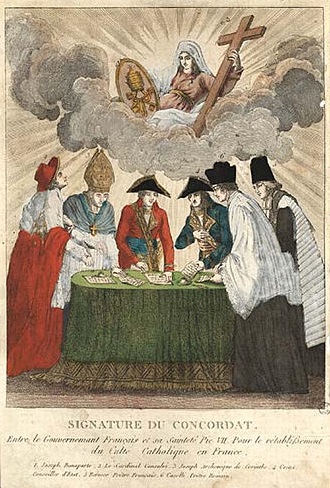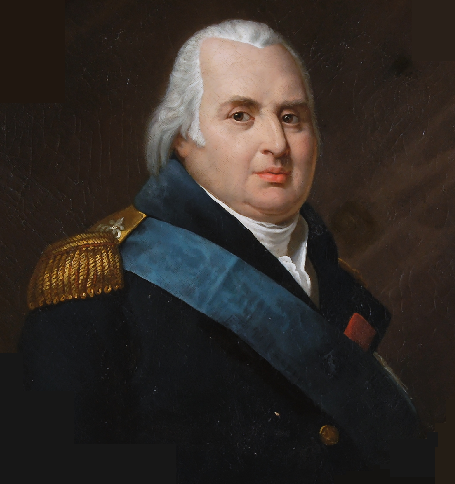The Disloyalty, Disregard and Disrespect shown by the Veteran's League
Lothaire Lécuyer, formerly a captain within the army who recently was in the Chamber of Deputies where he now stands for reelection has as of recent created a Veterans League. This League in and of its official charter is an affront to not only to his Majesty, but the many men who gave up their lives to see his restoration come to pass. It reads: “To qualify as a member one need to prove they have served in the Armed Forces of France. Let that be under the Empire, the French Kingdom prior to the Revolution, the Revolutionary Army or the current Royal Army.” The clear definition of prior to the Revolution shows a clear favour towards the revolting revolution that occurred 25 years ago. A support of Bonaparte as it excludes all veterans who fought against the illegitimate regime of the republic and Bonaparte.
The exclusion of all the men who fought in the Army of Condé, under the Comte d’Artois as well as other nobles in this charter, by not being recognized as veterans of France, are by definition viewed as foreign soldiers. These soldiers which have been discarded by the so called Veteran’s League are the ones who risked all; their fortunes, their futures, their lives to see the rightful monarch be restored to his throne in the natural order which God Created. By excluding them, and thereby the fact that they fought for France and Monarchy, the Veteran’s charter thereby also by extension accuses them of fighting against foreign powers against what the Veteran’s League consider the legitimate government.
Now one may ask how one can see that they consider the revolutionary government as the legitimate government. To this the answer is simple, they recognize that the veterans of this government are the only which are allowed in their association following the exile of our rightful monarch. To recognize only the veterans of this government in a league that is to represent the veterans of all of France. This makes it clear to all who look upon them and examine their case that they do not in fact recognize Louis XVIII as the rightful monarchy upon the murder of his nephew. But instead support the illegitimate government under which they served. Had they supported his Majesty and all those who fought for him, they would in turn have written in that they accepted the men who fought for him in the Princely Armies with open arms and hearts.
No doubt that they in a counter argument to this would attempt to say that they speak for all veterans. But they cannot claim to talk for all veterans of France, as they do not recognize all veterans of France. Only recognizing those who fought for a revolution to overthrow the natural order, peace and tranquility of the kingdom.
One can furthermore look at the offenses which the veterans have recently committed, the fighting in Toulouse, which caused great distress to both the people of the South and the government of his Majesty. While they may distance themselves, they had a part to play in it, and while we may forgive them one day, then we shall not forget.
One may wonder why I have taken the time to write about this issue, for this the answer is simple. It is my duty as my father’s heir to take care of those soldiers who fought under him and alongside me to defend his Majesty. As such it turns my stomach to see this disloyalty smear the name of every veteran of France, to every loyal soul that now presides in his Majesty’s Kingdom and every young man who serve’s his Majesty with pride and loyalty and to this day risks his life in service to a greater purpose.
Now then, it is abundantly clear that the good Captain, as he also goes by, is neither good or faithful to our King. The Veteran’s League is little more than a dangerous faction which their leader attempts to use to force his will through. They openly and defiantly flaunt their disregard for all those that gave their life for his Majesty, they show clear disloyalty by their charter as it refuses to recognize his Majesty as the rightful king during all his reign, and those that supported him as veterans of France. By refusing them instead painting them as foreign soldiers. I call upon His Majesty’s Ministers and government to put an end to this Veteran’s League at once, to ban it and disband. Furthermore then should the so called Good Captain persist in his defiance and disloyalty, he shall be presented before the courts of France.
- Louis Henri Joseph, Prince de Condé, Duc de Bourbon, Bellegarde, Buise, Marquis de Graville, Comte de Valery, Seigneur de Beaugé, Chantilly, Château-Chinon, Château-Renault, Montluel, Château d'Écouen, etc., also Prince du Sang





